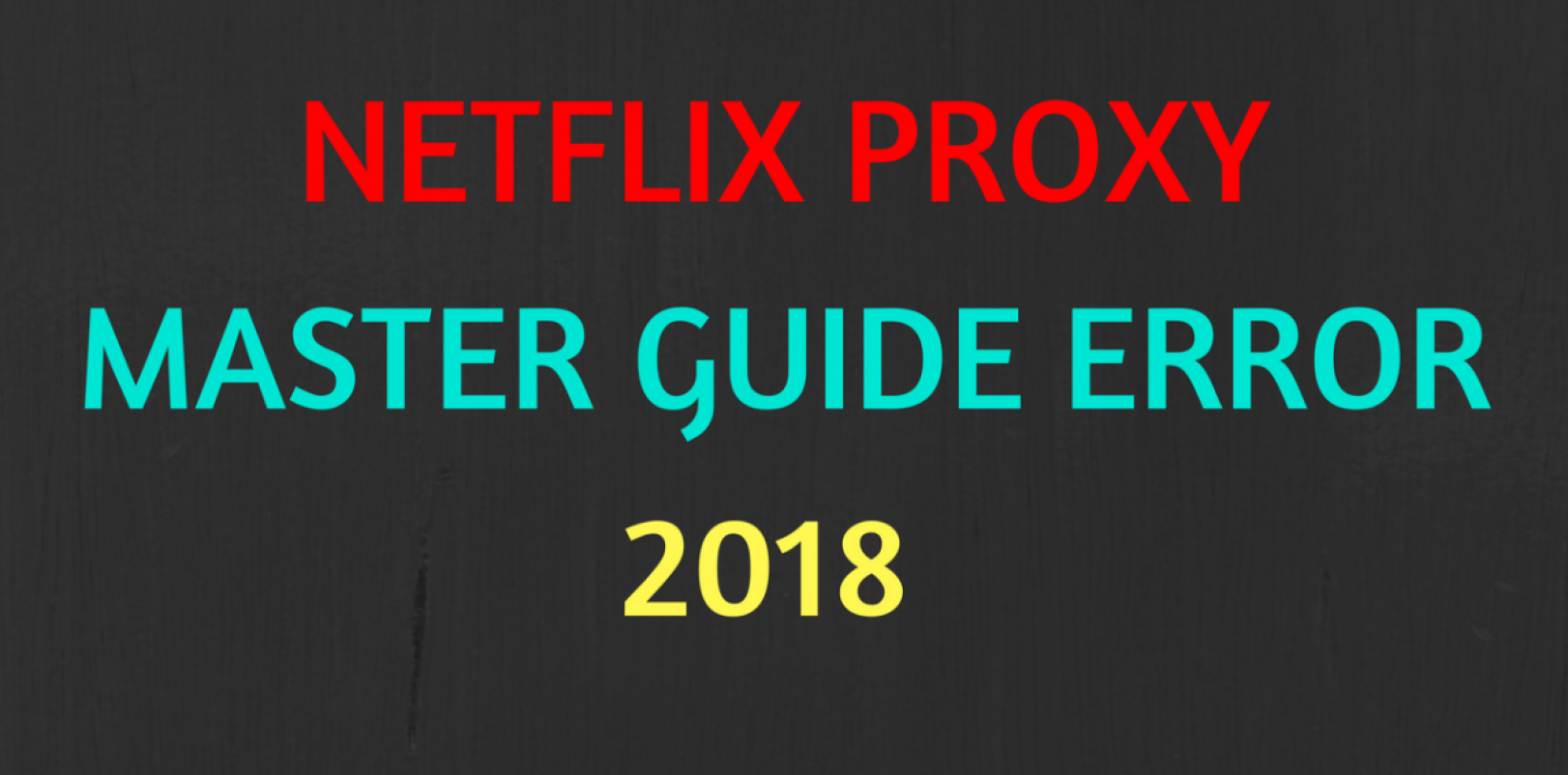

Our results suggest that while commercial VPN services seem, on the whole, less likely to intercept or tamper with user traffic than other, previously studied forms of traffic proxying, many VPNs do leak user traffic-perhaps inadvertently-through a variety of means. We design an active measurement system to test various infrastructural and privacy aspects of VPN services and evaluate 62 commercial providers. Due to their own lack of technical sophistication and the opaque nature of VPN clients, however, the vast majority of users have limited means to verify a given VPN service's claims along any of these dimensions. Global Internet users increasingly rely on virtual private network (VPN) services to preserve their privacy, circumvent censorship, and access geo-filtered content.

You will automatically be prompted for two-factor authentication upon login to the VPN ( it is not necessary to re-enroll.) If you are not already enrolled and using Duo, you will be prompted to enroll upon log in to the VPN.įor more information on Duo 2FA and step-by-step directions on how to access the VPN, including the new login process, visit. This upgrade to the VPN service took effect on Tuesday Jand is now required whenever logging into the VPN.įor those that are already using Duo 2FA at Boston University, you will not need to take any action. In a continuous effort to protect BU systems and resources, and in line with best practices, Duo Two-Factor Authentication will be required for all clients when logging into the Boston University Virtual Private Network (VPN.) In addition, we will be streamlining the login experience to utilize Shibboleth login (shib.bu.edu) for authentication.


 0 kommentar(er)
0 kommentar(er)
